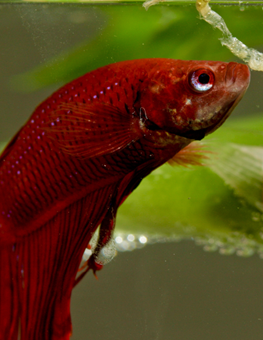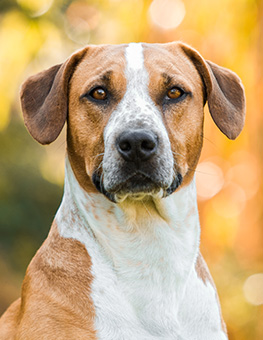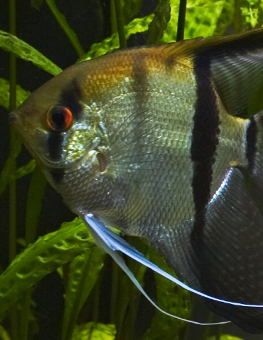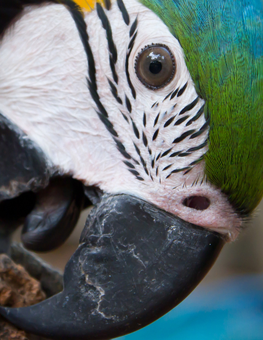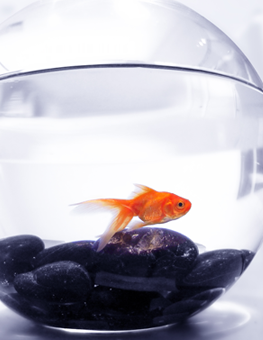Bird Beak Problems
Your bird’s beak is a visible sign of his well-being. It’s important to know the signs of an unhealthy beak.
The health of your bird’s beak is essential to his overall health. Not only does your bird use his beak to eat, he also uses it to communicate, handle objects, move around, and defend himself. An unhealthy beak will impede all of these processes. Here is what to look for to see if your bird’s beak is healthy:
Overgrown Beak: A very common problem, especially for the upper beak, overgrown beak can be a result of a few factors such as liver disease, nutritional problems, or simple abnormalities. To treat an overgrown beak you simply need to trim the excess beak. Your veterinarian should be able to do this, and it is a fairly simple and pain free procedure. You should also make sure to stock your bird’s cage with materials that can help wear down his beak. Wood toys, mineral blocks, and other features with rough textures can provide your bird with a natural way to keep his beak in shape.
Scissor Beak: Scissor beak is another common defect which describes a beak in which the top and bottom jaws are not aligned. The cause of this isn’t always clear, but could be genetic or the result of trauma, calcium deficiency, or a mycobacterial infection. Scissor beak can be treated in younger birds simply by applying pressure to the beak a few times a day to shift the beak. Check with your veterinarian to make sure you do this correctly. In older birds, though, scissor beak may require surgery.
Prognathism: This is a beak condition that resembles an underbite, as the upper beak rests on or in the lower beak. Like scissor beak, this condition may be genetic or the result of other factors. To treat this condition, you can try to apply pressure to the beak in a similar manner as you would for scissor beak. Your bird may need to wear a special appliance, though, to correct the condition.
Beak Breaks: Just like other bones and body parts, a bird can injure or fracture his beak. Birds are very active and can hurt themselves climbing, playing, or fighting. Be sure to keep a close eye on your bird and his potential for beak injury, as these injuries are usually painful and serious. If your bird has hurt his beak, you should contact your veterinarian.
Other Ailments: If you notice anything else wrong with your bird’s beak, such as lesions, abnormal growths, or swelling, it could be a sign of an illness or injury. Make sure to contact your veterinarian about these symptoms.




